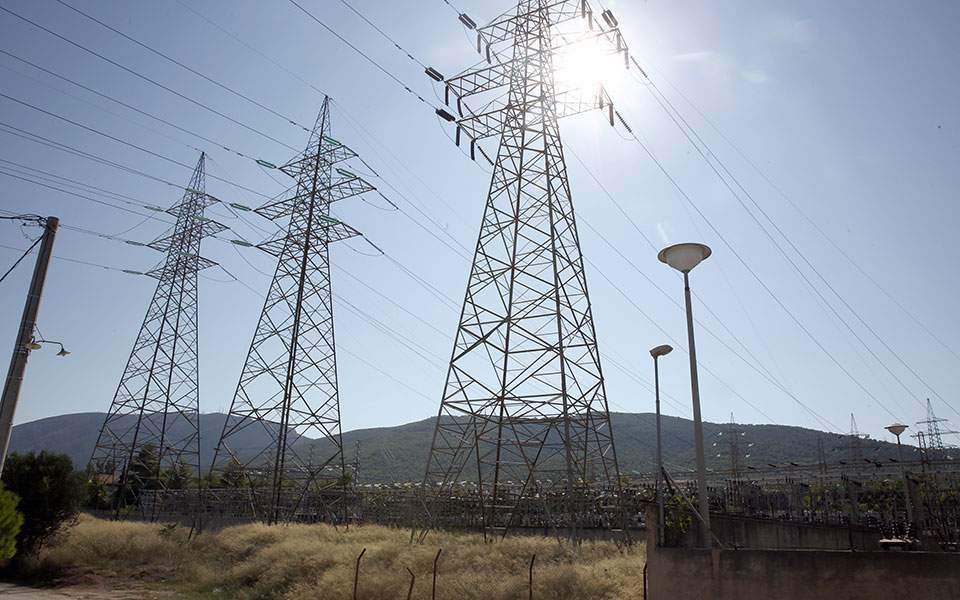The EuroAsia interconnection project must move forward.
The future of energy worldwide, and in Cyprus, is green energy and renewable energy sources (RES).
We cannot increase the penetration of RES by more than 25-30% of the island’s electricity output without upgrading the grid, electricity storage batteries and interconnections.
As RES penetration increases, the grid becomes more unstable.
Batteries solve the problem for a few hours – about 4 hours – no more.
Also, when there is over-production of energy from RES, it is lost. Whenever the grid is overloaded, the photo-voltaic panels (PVs) are the first to turn off, wasting energy.
When the wind doesn’t blow for days, and we have cloudy spells, interconnections are needed.
Without interconnections, we would have to rely on maintaining significant levels of conventional thermal power generation on standby – a very expensive undertaking inconsistent with Cyprus’ green energy transition obligations.
European Energy Commissioner Kadri Simson said: “There is no green future for Europe without an upgraded electricity grid”.
She also said that another major constraint is cross-border interconnections that must be speeded up.
The EU aims to achieve 15% interconnections but is still lagging.
Once this is achieved, it will increase security of supply and reduce electricity prices.
These have now become top priorities for Europe as well as for Cyprus.
The late Solon Kassinis, head of the Energy Department at the Ministry of Commerce, initially proposed to the European Commission the Cyprus-Europe electricity interconnection.
Europe studied the proposal and approved it as a Project of Common Interest (PCI).
It subsidised the studies that followed – with around €20 million – and approved the conclusions.
It considered the project viable and necessary and supported it with a grant of €658 million, the largest EC investment in any PCI project.
Based on these decisions, the previous government allocated a further €100 million to the project from the Recovery and Resilience Fund.
The energy regulators of Cyprus and Greece have also agreed that the project is viable. As does the EIB.
Last month, the EC reaffirmed the sustainability and necessity of the project.
And there was talk: “Forgive us, we did not know what we did.
“You may say the project is viable and necessary, but we are unsure. We want to study it again.” In other words, let’s start all over again.
The Ministry of Energy will conduct a new sustainability study. I hope the result is positive.
If not, and we reject EuroAsia, the €758 million will be lost for good. And when we return in a few years and need interconnections, that money won’t be there.
And we will come back on this issue.
Without interconnections, we will not be able to increase the penetration of RES to the levels Europe aims for – i.e., more than 60% of electricity output from RES by 2030 and rising.
Greece is aiming for 80%, and it already has interconnections.
If we are forced to remain at low levels of RES penetration, we will get more fines from the EC and continue to have a problem with emissions and the huge cost of emission rights.
As a result, we will remain energy-isolated, unable to meet the EU’s climate targets, and the price of electricity will continue to rise.
And now that Cypriot consumers have realised the benefits of PVs at home and the energy ministry has pledged to introduce a universal “home PV available to all”, the implementation of the programme will face problems because soon – without changes – the grid will not be able to accept the resulting levels of solar energy.
Then we will realise that the network upgrade, electricity storage batteries and interconnections will be urgent. I hope it is not too late for EuroAsia.
By Charles Ellinas, Senior Fellow, Global Energy Center, Atlantic Council







